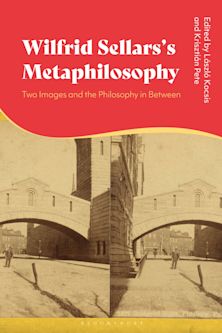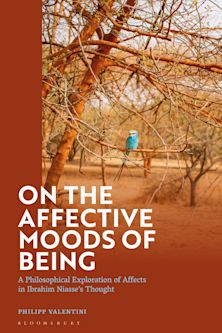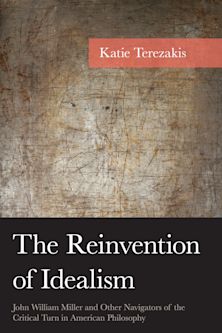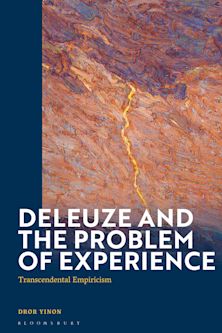Owen Barfield’s Poetic Philosophy
Meaning and Imagination
Owen Barfield’s Poetic Philosophy
Meaning and Imagination
Description
The first book to offer an overview, at once introductory and comprehensive, of the philosophical thought of Owen Barfield, sometimes known as the “first and last Inkling” and as the “British Heidegger.”
Beginning by placing Barfield's early poetics in the context of the critical hurly-burly of modernist London of the 1920s, Owen Barfield's Poetic Philosophy: Meaning and Imagination shows how Barfield's subsequent development of a philosophy of history, metaphysics, and ethics culminates in his development of a poetic cosmology. Hipolito situates Barfield's poetic philosophy in relation to his significant contemporaries (and predecessors) including T.S. Eliot, D.H. Lawrence, I.A. Richards, Jean Paul Sartre, Martin Heidegger and Ernst Cassirer, bringing to light for the first time many important aspects of Barfield's thought. The book concludes with an analysis of the Burgeon trilogy, in which Barfield recapitulates the themes and arguments of his poetic philosophy by exemplifying them in three genre-defying works of fiction.
Structured chronologically and giving a systematic examination of Barfield's thought, Owen Barfield's Poetic Philosophy paints a much-needed picture of a major thinker and poet, who was entirely engaged with his times and who remains crucially relevant to our own.
Table of Contents
Acknowledgements
List of Abbreviations
Introduction
1. On the Dolphin's Back: Poetics
2. The Texture of Thought: The Evolution of Consciousness
3. The Antecedent Unity: Metaphysics
4. The Door to Eternity: Anthroposophy
5. A Coinherence of Selves: Ethics and Politics
6. Mysterious Potency: The Burgeon Trilogy
Appendix
Notes
Bibliography
Index
Product details

| Published | 21 Mar 2024 |
|---|---|
| Format | Ebook (PDF) |
| Edition | 1st |
| Extent | 264 |
| ISBN | 9781350420298 |
| Imprint | Bloomsbury Academic |
| Series | Bloomsbury Studies in Philosophy and Poetry |
| Publisher | Bloomsbury Publishing |
Reviews

ONLINE RESOURCES
Bloomsbury Collections
This book is available on Bloomsbury Collections where your library has access.


































